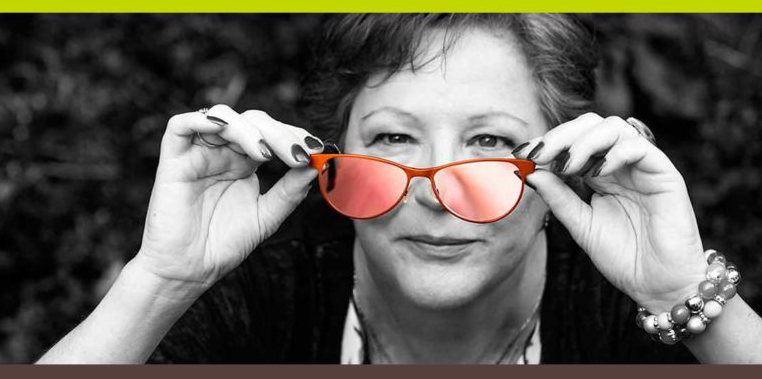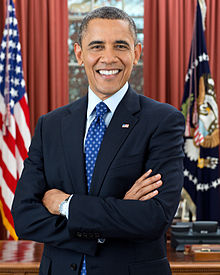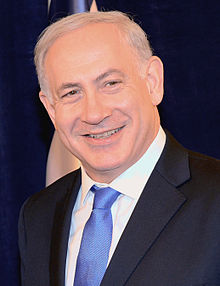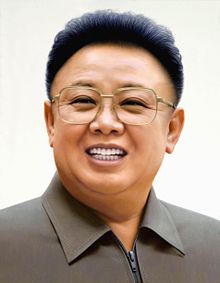Twenty-five years living in The Netherlands, and though I am daughter of Dutch parents I feel more Latina than ever. The struggle to come to terms with my Dutch “identity” is in full swing.
In 1990, after a 6-year assignment with the Dutch Ministry and ILO ended, I had to “repatriate” to The Netherlands. I still find the “repatriation” part odd, because I had never before lived here, but those were the rules!
Staying here for a long term wasn’t part of my plans as till then I had lived in many different places: Venezuela, where I was born, the United Kingdom (twice), USA, Honduras, Costa Rica, Italy, Armenia and The Netherlands. Also, for work I have spent many months in different countries such as Nicaragua, Peru, Argentina, Hungary, Czech Republic, Romania and several short-term assignments lasting up to a month at a time.
I went out to find a job with an organization that would send me back to my beloved Latin America. I found the job, but the project did not materialise, and so I was assigned to do short term projects here and there, with the Netherlands as home base because the company HQ were here as well. At one point I got married to a Hungarian, and we had a child. Without noticing, I became a permanent citizen of The Netherlands.
Twenty-five years later I feel more Latina than ever and struggle to come to terms with my Dutch “identity.”
With a Dutch surname and looks, my Nationals expect me to behave and think like them. But when they hear me talking, they wonder where I come from. Not only for the things I say but how I say them. In brief, they have a hard time pinning me down.
When I came on holidays, I had to bear my Dutch family laughing at my Dutch. My knowledge of the language was ok bearing in mind I had never studied it and other than at home I hardly spoke in Dutch. While I had a good command of Dutch, English and Spanish, my uncles’ kids always had remarks about my Dutch which made me feel like I was less because I did not master the language. It seemed that speaking at least two more languages than them did not count towards my IQ. Hence, I hated the holidays in Holland as I felt the need to defend myself and, let’s not forget, the weather…
Speaking to foreigners living in The Netherlands I get mixed information: some like the country very much, some are impartial, and some never found a way to adapt and accept the Netherlands as their home. I fit in the last category -not that radical, but yes, I have not seen this place as my home because my home is and will be Venezuela, where I was born.
With what I now know, I understand what went wrong and why my struggle to be accepted and fit in.
Allow me to explain.
My mom a Dutch girl, born in Indonesia (then a colony of The Netherlands) was repatriated to The Netherlands after WWII. During the war, she was in a Japanese concentration camp and missed three years of schooling. As soon as she arrived in the Netherlands, she resumed going to school. Only this time she was one of the oldest kids in her class and spoke Dutch with a strong accent and her schoolmates mocked her endlessly. Right from the start she disliked the country. She longed of going back to her old world, one that did not exist any longer. She felt not accepted, even though she was brought up believing she was a “typical” Dutch girl. She was miserable and promised herself to move out as soon as possible.
Marrying my father gave her the opportunity to migrate to a place of choice. They found “their” special place in Venezuela. They loved it, they struggled, thrived, learned the language and sent us to the best schools. They both had their businesses and did well. Never looked back to their life in Holland. They brought us up to be proud of our background and the norms and values, they perceived to be Dutch like being on time, trustworthy, hardworking, and respect people. My parents taught us these models and the Dutch language as well. We also saw how we could benefit from being Northern Europeans in a Latin American country. Venezuelans gave us a lot of space, advantages, and trust. We came to see Venezuela as our country, our home where we developed to be who we were meant to be.
With this background, I had to find my way in Holland. The love and hate relationship my mother had with Holland has tainted my perception of this country. But also being defined by my experience as Dutch-Venezuelan has made it difficult for me. I long for my past life, my childhood, my roots, friends and the safety of knowing how things worked. And of course, let’s not forget the weather!
After many years of questioning why I couldn’t make a home out of the Netherlands, I have come to understand the reasons. It has taken me 25 years, to comprehend that I am not only a daughter of a TCK, but I am a TCK myself!
A TCK – 3rd Culture Kid is a term used to refer to children who were raised in a culture outside of their parents’ culture for a significant part of their development years.
Learning in depth about TCK, I understand why I did well and loved to be an expat. I could adapt like a chameleon to my environment. People saw me as a passerby. Therefore, the expectations they had of me were more than fulfilled as I spoke the language and practised most of the social and business rules. Adapting and being well received was easy. I fitted the box “expat” to perfection.
But the Netherlands was not an expat assignment, even though that is how I perceived it. The Dutch saw me as a Dutch. Therefore, I should know and accept the written and unwritten rules. I did not fit in the box; I made sure they could not box me either. As a result, I rebelled for many years.
The first years were fine as I constantly traveled in an out of The Netherlands. The problems came when I settled down, but not in. The job changed and with that traveling became less. It became apparent to me that I was not an expat and needed to do some acceptation.
Understanding about being a TCK has given me a different perspective of who I am, the need of others to plaster a label on me and my rebelling about all that is Dutch. I have taken steps to create a social life that suits me and have taken my business to the next area of work as I now am aware that Culture Matters!
My experience and knowledge about the impact of culture in organizations and private spheres and well as knowing the difference between TCK’s, expats, migrants and immigrants have given me a level of consciousness I did not have before. This to the benefit of my private life as well as my business. I now can work supporting people and organizations in understanding the impact of culture and how much Culture Matters!
I still have not found the right answer to the question where do I come from. It’s kind of complicated but I am slowly figuring it out.
Famous Third Culture Kids
YOU MAY ALSO LIKE READING
TCKs an asset for managers, leaders and employers











 Edmée is a Professional Certified Coach (PCC) and a Certified Mentor Coach with over 15 years of broad international experience supporting coaches to prepare for ICF certifications and individuals with their personal growth. Her trademark course
Edmée is a Professional Certified Coach (PCC) and a Certified Mentor Coach with over 15 years of broad international experience supporting coaches to prepare for ICF certifications and individuals with their personal growth. Her trademark course